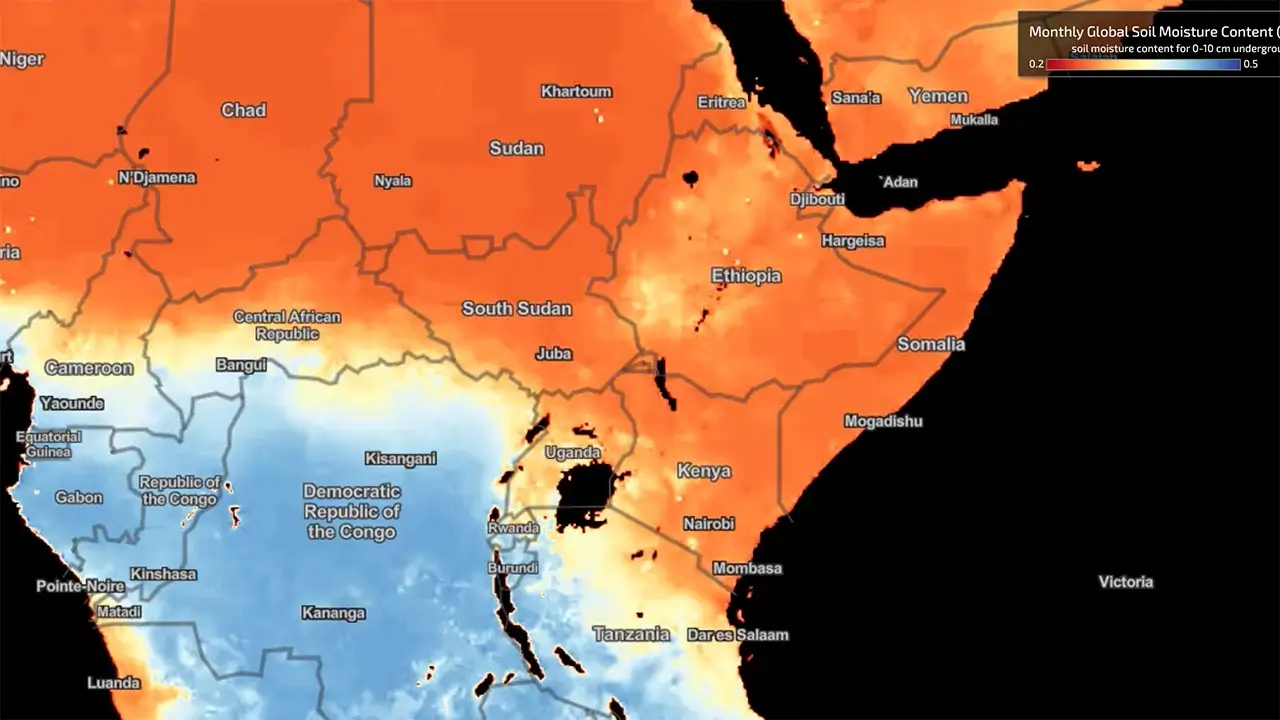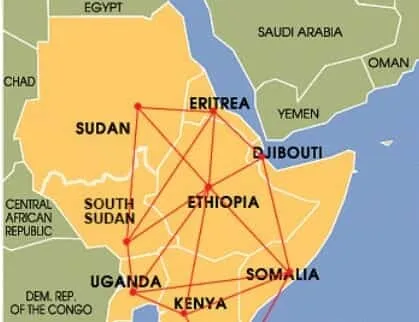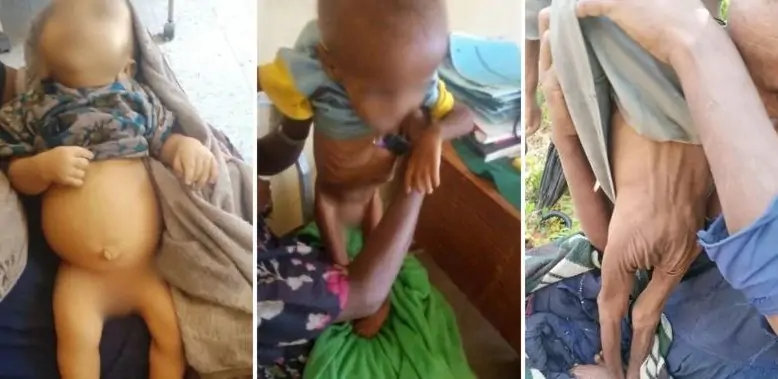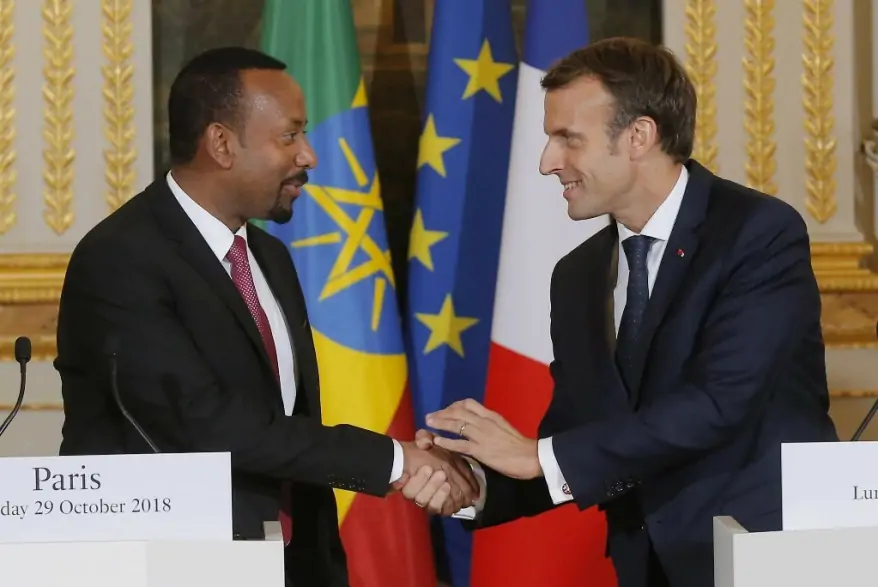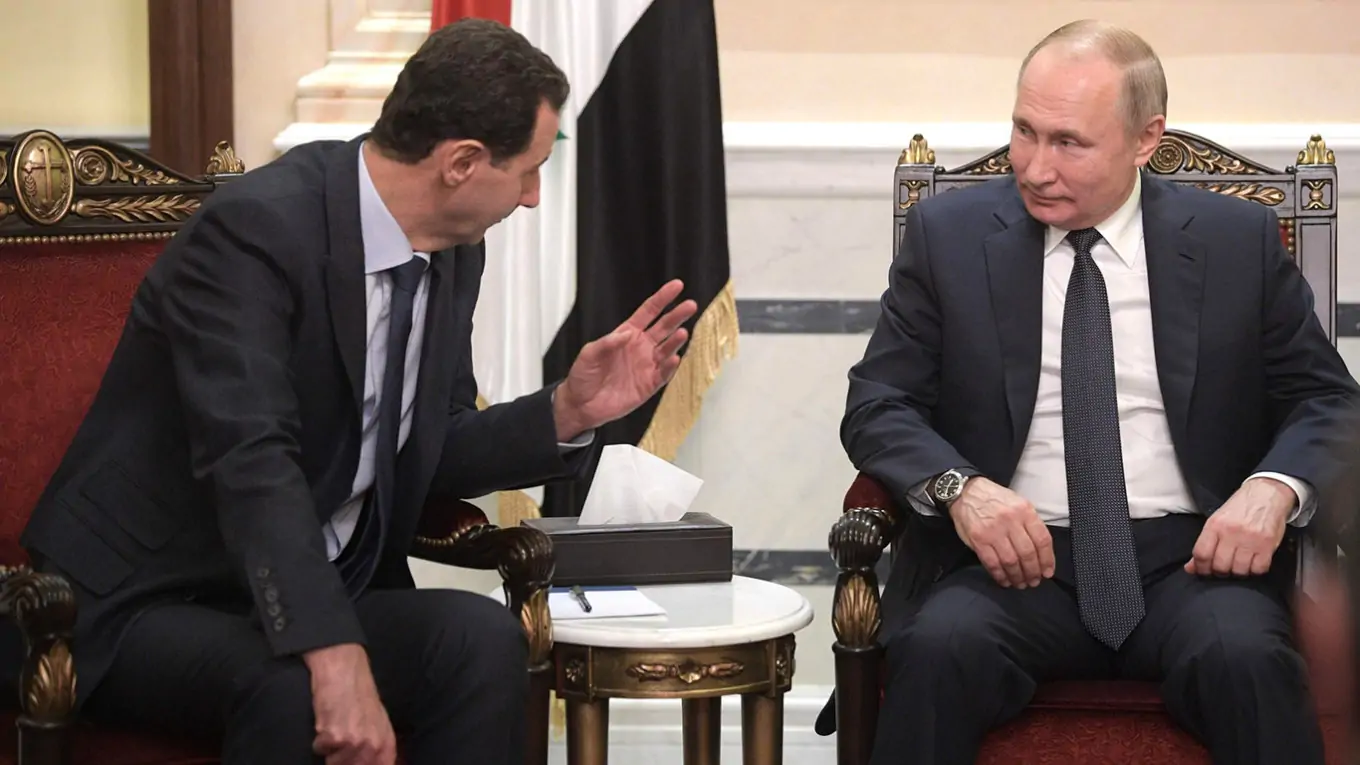By Tesfaye Desalegne (PhD)
Former Ethiopian Diplomat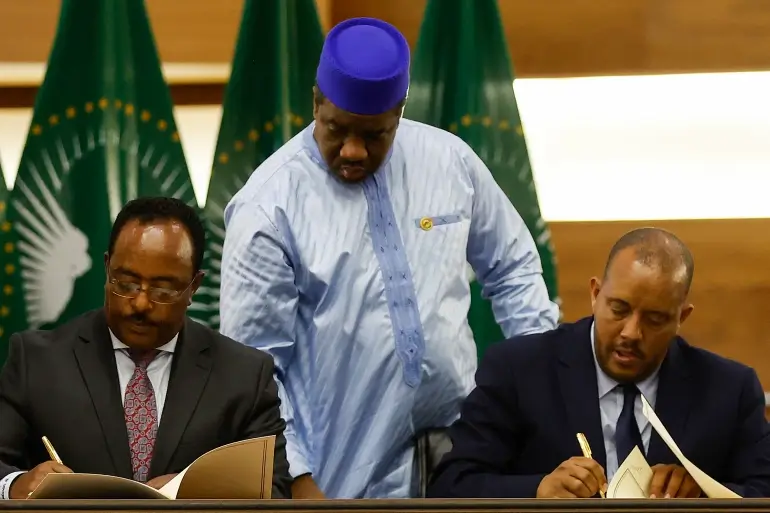
Ethiopia’s Historical Error
Some generations fail the test of time, others pass their test with excruciating pain. The current generation in Ethiopia is grappling with a great deal of tribalism, just like previous generations dealt with colonialism, fascism or socialism. These are procreations of political parties that come to exist, grow, age and fade in human polity. As dictated by constant change in humanity, their proclivity for reform takes societies to new horizons, or else fail them miserably.
Although the birth of an avant-garde tribalist party named Tigray People’s Liberation Front (TPLF) was a historical incident, what would become of this group remains an enigma of its own. Born in 1975, TPLF is still carrying its liberation placard for nearly half a century. The death of change in this group is exemplified in absence of any propensity for reform, neither during the grip of power in Ethiopia’s central government for nearly three decades, nor after it was forced out of the government.
What has befallen on Ethiopia in the last two years is the direct consequence of this group’s cosmological disorder and self-righteousness, the likes of which never exist in modern history. The war in Tigray and surroundings have been imposed by the leaders of TPLF, pushing an entire population to a cannon fodder, tapering off the social fabric, and creating animosities between societies. Any attempt to quantify the damage of this war would only be a futile exercise.
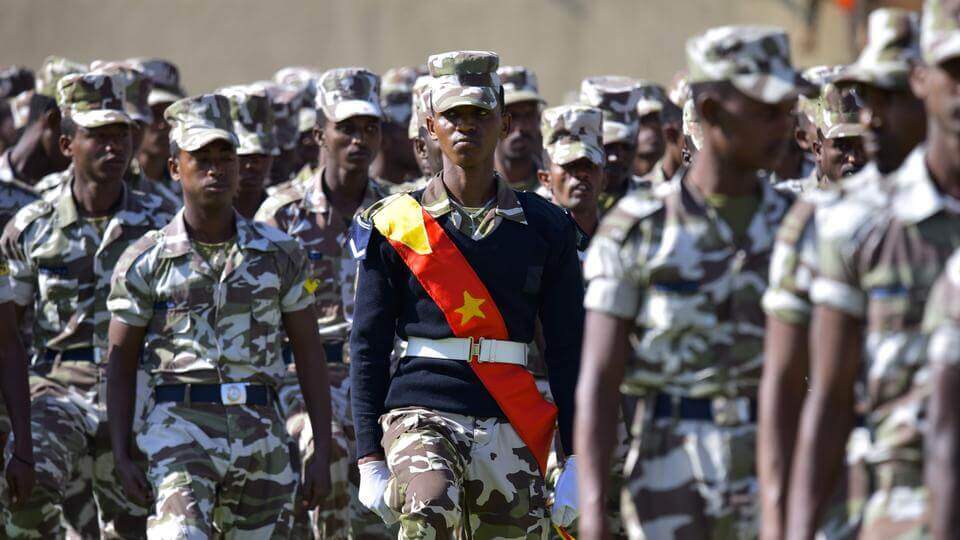 The Cost of TPLF’s Political Kamikaze
The Cost of TPLF’s Political Kamikaze
Ethiopia is now put on the map of the most barbaric wars in recent history. The damages on its image would have no parallel. Once, the hope of Africa, Ethiopia is now described as one of the world’s least tolerant society. From the day the first gun was shot, the world has seen horrific images of dead children, and graphic footage in a large scale.
World media covered the war in a disproportionate scale, describing it as hell on earth. Social media notifications buzzed twenty-four seven, even at nights with ‘breaking news’. Most Ethiopians abroad lost sleep after watching the graphic videos on social media. Some intermarried families fell apart, communities divided, churches split along ethnic lines.
Leisure times of the diaspora were spent on discussions and arguments that seemed to have no answers. People have raised millions of dollars to fund the conflict, both on the ground and for PR campaigns. Lobby firms got fat by the donations of the poor citizens who wished to see their side win the war. Children coming from different families started to distance from each other, particularly those born from Tigrean families, saying that they are no more Ethiopians.
The international community’s stance depended on who they first know. If they know pro TPLF person, they only saw their side of the story, echoing the denunciation of the war as imposed by the Ethiopian government. If they got acquaintances with the pro federal government diaspora, they sympathize the unity of Ethiopia falling off the cliff.
The economic destruction, the damage on the psyche of Ethiopians, particularly in the conflict zone, would take generations to get healed, if at all they can be. If there is any place with people having no income for two years, it can only a fairy tale. War in Tigray defies logic, in stretching human’s capability of coping mechanisms.
Over the two years of the war, the negative propaganda and disinformation took toll on the credibility of the nation’s defense forces, with allegations of all kinds. They were portrayed as sexual violators, looters, reckless for civilians and property. Prisoners of war were shown on television screens with dehumanizing scales. Slurs after slurs were thrown on these patriotic fighters who were defending the nation that called them to duty.
Never before, Ethiopians were known for making fun of enemy corpses on this scale. Ethiopians used to respect a fallen man, even if he stood with their enemy, until the most heinous war in the northern Ethiopia. The damage on cultural society’s cultural values as a result of war is an unknown phenomenon, except now and in Ethiopia.
Interviews after interviews made were full of not only military bravados, but with vulgar languages, never seen in the Ethiopian polity. Communities were brainwashed as fighters as if war was their cultural game. The magnitude of manufactured hate has no scale. Unlearning the hate in communities would require a divinely intervention.
Beyond war on the ground, the rift between societies has widened on a big scale, with effects that would take generations to repair. War drums, false allegations, hate speeches have been overly used as a warfare by each side causing a rift like no other.
It would take going from house to house, to know the exact human toll. Assessing the agonies, the traumas, psychological disorders demands a national project of its own, let alone redress it. Estimates put the human lives lost to half a million, putting the Ethiopian fighting as one of the highest human-intensive wars in recent history. The war in Tigray is the only war that has let kill domestic animals and trees, with intent and purpose. In a way, measuring the damages of war would require a new methodology of research.
On the international front, the fight for the sovereignty and non-interference ethos got the least support for Ethiopia. On conventional levels, the Tigray war was seen as ‘violation of massive human right’, perpetration of ‘genocide’, act of ‘sexual violence’, ‘hunger as a weapon of war’. States after states pressured the Ethiopian government as if all of these allegations were verified. The United Nations security council discussed the Ethiopian conflict multiple times, probably more than any other nation in history. If it were not for the nay-sayer nations within the Security Council, the country would have been under severe sanctions or even monitored peace keeping forces.
The West, particularly the US and EU, made statements after statements, with bigotry of disproportionate scale, towards the government of Ethiopia. Ethiopia, once an anchor state, was listed as a rogue state not to qualify for any aid, as a result of which development funds dwindled with chocking effect.
The titanic projects on defamation and disinformation of the law enforcement in Ethiopia reverberated on a big scale, with delisting of Ethiopia from the US Africa’s Growth Opportunity Act (AGOA). The myopia on the side of TPLF supporters had no limits. On some instances, the pressure was high on banning Ethiopian coffee not to be consumed at Starbucks, or not to travel on the Ethiopian Airlines.
As the war got intensified and progressed by the TPLF, foreign states urged their citizens to leave the nation, and close their offices. NGOs, international organizations, and expats were rushed out of Ethiopia for fear of the ferocious war, while Ethiopian living abroad flocked to their nation.
The Tigray conflict and its scar will remain for a foreseeable future when it comes to Ethiopia’s role in international relations. This is a reminiscent of Ethiopia’s appeal on the League of Nation that fell on the deaf ears.
Today, the conflict has remarkably, regrouped the allegiance of states towards Ethiopia. On the one hand, it showcased that there are nations that have stood with Ethiopia during the formidable challenge, that deserve a gratitude by the people of Ethiopia.
On the contrary, the conflict has rocked relations with several nations that have incessantly pressured to undermine to Ethiopia’s cause, some going far to the point of freezing all economic activity with the nation. Several other states just shrugged off Ethiopia’s right of keeping law and order, just like any other nation.
Hopes on The Pretoria Acord
A sigh of relief came on the day of November 2, 2022, after a ten-day labor in delivery room in Pretoria, midwifed by the African Union mediators. The peace accord signed between the government of Ethiopia and TPLF iterates in the preamble that its primary goal was to silence the guns that have been unleashing fire for two years. It sets the goal of ending the most heinous war in its entirety, immediately and in the long term.
One thing that came out clear and loud is the need for disarming the TPLF, in the spirit of the Constitution of the land. This underlines the fact that resorting to arms by any regional state group is outlawed.
While agreeing to end the war is one big step, sticking to the articles of the agreement is another. There is no doubt that some splinters will be encountered from both sides. How steadfast the two sides remain to enforce the peace accord determines the outcome. Without doubt, healing the wounds of the war will take several millions of people, active agents, states, conflict entrepreneurs, and many more. Time and intensity of effort play their role too.
Gasping Out of the Precipice
If anyone pretends that coming out of this abyss is easy, it can only be an infantile way of seeing the conflict. Signing an agreement is only signaling to come back to civilian and civilized way of ending the conflict. For one thing, the accord doesn’t have any enforcing mechanism except for incentives of ending it. For another, involvement of more actors than visible, and difficulty in measurement on the actual progress would make implementation dubious. For the peace accord to come to fruition, many rivers have to be crossed.
First and foremost, all parties to the conflict need to come to a deep remorseand reflection on the entire process. Everyone involved need to embark on the regret mode, so that the society collectively sharpens decision-making skills, elevate its performance on the range of tasks, and strengthen its sense of meaning and connectedness. If only everyone feels the regrets of losing half a million lives, can one make sense of this titanic human cost.
Both sides, need to do the prerogatives of conflict resolution and peace building on a grand scale. Apart from execution the peace deal to-do list, parallelconflict resolution methodsneed to engage the indigenous knowledge, using elders and religious leaders. Engagement of civil societies can play a huge role. Visitations of the war damages from other regions and comforting of victims can heal wounds. Several confidence building measures should be crafted on a grand scale.
On the domestic front, regions that were dragged into the conflict, mainly the Amhara and Afar regions need to be on boardon the process of peace-making efforts. Clearly, addressing the border disputes and resolving deeply inflicted pains on adjacent areas with Tigray deserve the time they demand. All efforts need to galvanize on the creation of a lasting peace between these societies.
On the international front, the art of diplomacywill be tested on how the Ethiopian government deals with Eritrea, and Sudan, who directly or indirectly got involved in the conflict. Engagement of nations that have stood on whichever side of the equation, will need to be focused on case-by-case levels, with earnest dialogue to bring back the country on world stage. Ethiopia’s foreign relations need to have a paradigm shift, to say the least.
As guns were silenced, silencing of negative propaganda, and hate speechon both mainstream and social media are quintessential. The damage done on the social fabric via the media is disproportionate, having fueled hate, exclusion, and revenge on each other.
There is no doubt that the conflict has involved several nonstate actors, both internally and externally. The success of the peace accord depends on how much we disengage these nonstate actors from inciting further animosity. It would require a monumental task to deal with the international media outlets, so called human right activists, analysts, reporters, and crises monitoring organizations, who have all mixed up agenda on peace in Ethiopia.
Demobilizing various groups of the diaspora from furthering the hate, suspicion and riftis an important step for the peace dividend to take place. Clearly, the Ethiopian diaspora stand polarized on the conflict, in its entirety or the way forward, demanding a persistent and evidence-based engagement with the majority who wish to see peace for the nation.
Last but not the least, is taking stock of the local political and destabilizing forces, to avert the undermining of the peace accord. Peace building and reconciliation can succeed if the weak links of instability are dealt with decisively.
In the longer term, a lasting peace can be achieved in Ethiopia with a disarmament and demobilizationnot only of the Tigray forces, but also other regions in a transparent manner. Coming to the constitutional order demands that no region can have a defense force, other than the federal state. Enforcing this basic tenet of the Constitution is tantamount to believing the power of dialogue and negotiation as the only way of resolving potential conflicts.
As history has brought Ethiopia to the brink of collapse culminated on its most senseless war, the near collapse was averted from happening, albeit late. Taking the nation out of this quagmire requires active engagement of its well-wishers and disengagement of the evil-wishers. The peace accord signed in Pretoria brings much more light than shadow on the future of the conflict. Those who got involved in the conflict, have a giant responsibility of reversing a fight that has immersed in the psyche of communities.
As reaching an agreement on the wording of the document was strenuous, putting them on the ground is even harder, unless all parties show their commitments. Loopholes, technicalities, and erroneous interpretations can only cost more lives. Only regrets and genuine redress can take us out of the great upheaval.
Unlike hate stockpiling, and its misuse on society, the success of Ethiopia’s current peace effort hinges on how much we debunk the tribal rhetoric and unlearn from the perils of Ethiopia’s unfortunate war. We all need to realize that the process of unlearning involves a formidable regret as a normal, healthy, universal, and integral part of human being.

